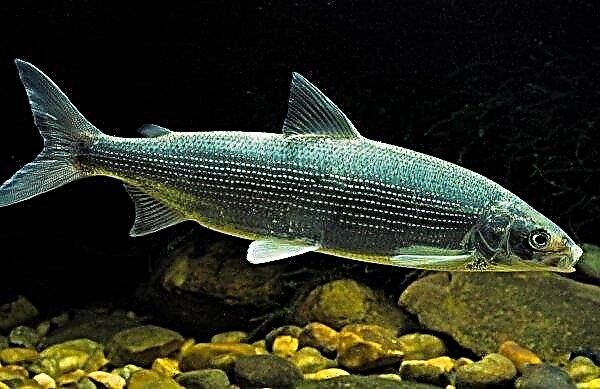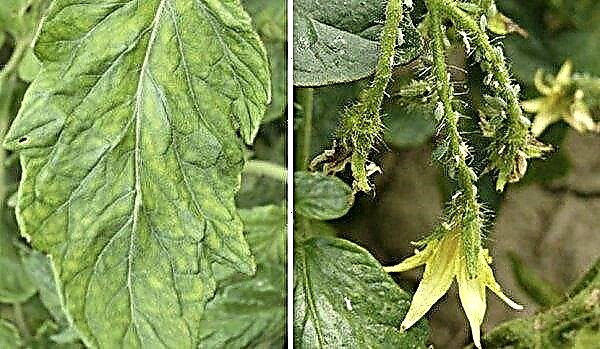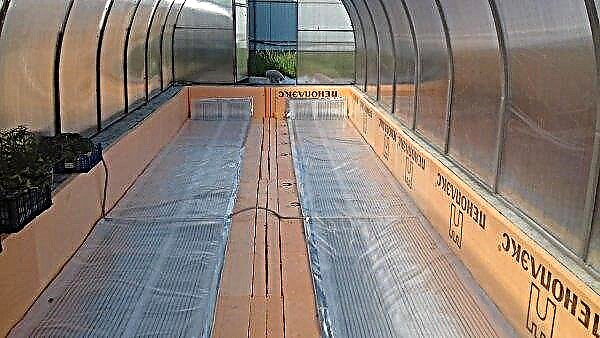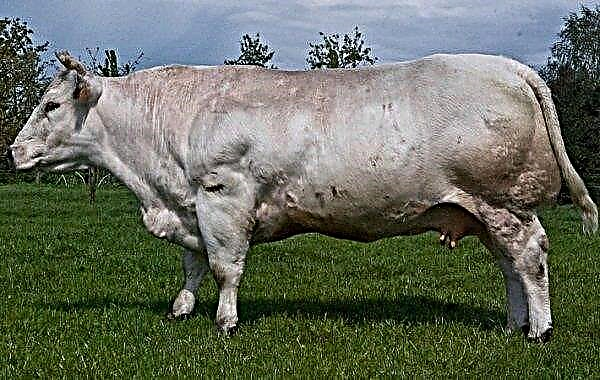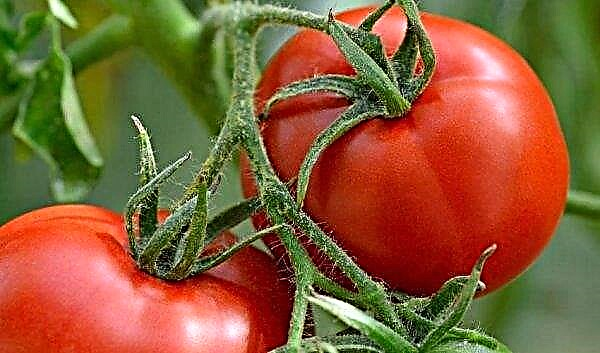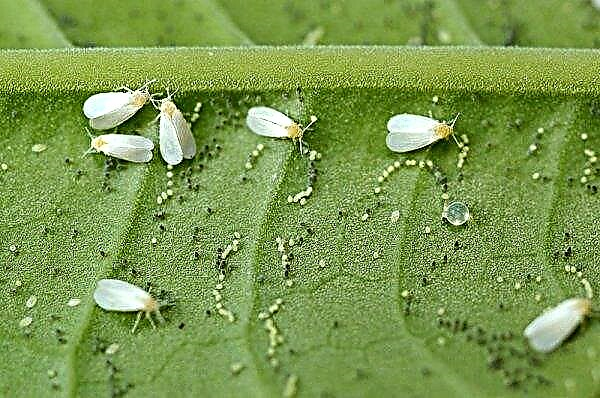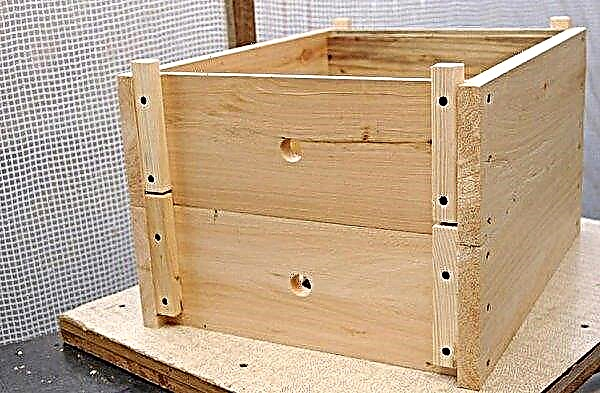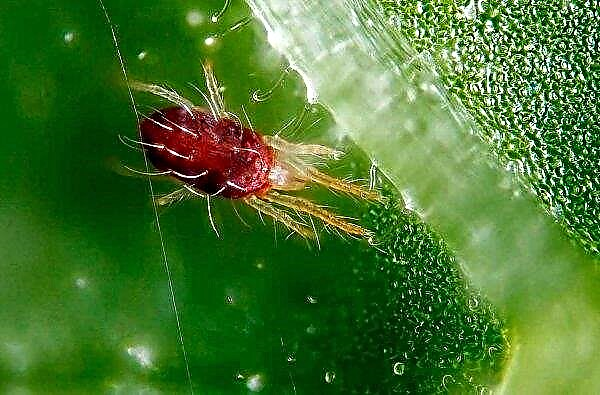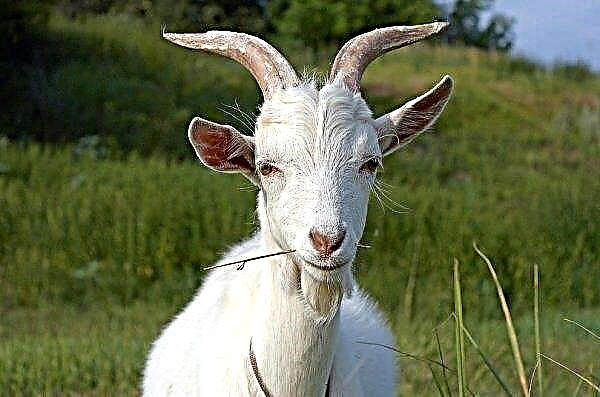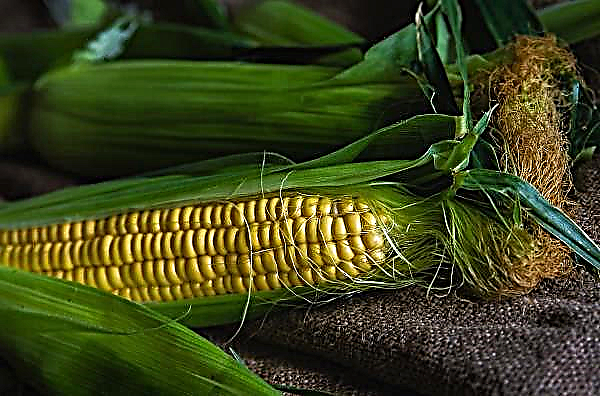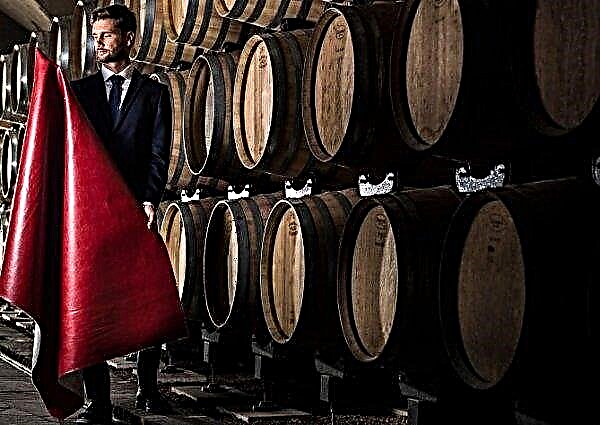Food production in the world is under threat, because as a result of human activities, the fertile layer of soil in which plants grow is eroded.
According to the Food and Agriculture Organization of the United Nations (FAO), soil erosion occurs naturally, but intensive agriculture, deforestation, mining and urban sprawl accelerate it and as a result, productivity can drop by up to 50%.
Every five seconds on our planet, soil is destroyed on an area equal to a football field, at such a rate of destruction by 2050 more than 90% of all soils will degrade on the planet.
“We are approaching a critical point at which we need to start stopping soil erosion, otherwise we will not be able to feed ourselves in the future,” said Lindsay Stringer, professor at the University of Leeds, England, on the sidelines of a three-day soil erosion conference hosted by the FAO.
Erosion degrades the soil, meaning the soil is gradually losing its ability to withstand natural stresses such as changes in rainfall and longer droughts, said Richard Cruz, a professor at the University of Iowa from the United States.“Ninety-five percent of our products come from the soil. Can you imagine what the food department of a supermarket would look like if we had no soil? There will be nothing on the shelves. Governments can prevent a catastrophe by encouraging farmers to take care of the soil through subsidies and other means, because good soil benefits the public at large, ”said Jean Pouzen of the Belgian University. K.Yu. Leuven.
“The situation is not hopeless,” said Lindsay Stringer, whose research in Kenya showed that using manure as fertilizer or growing more than one crop on the same plot of land is a simple, inexpensive action that improves both soil quality and productivity.

